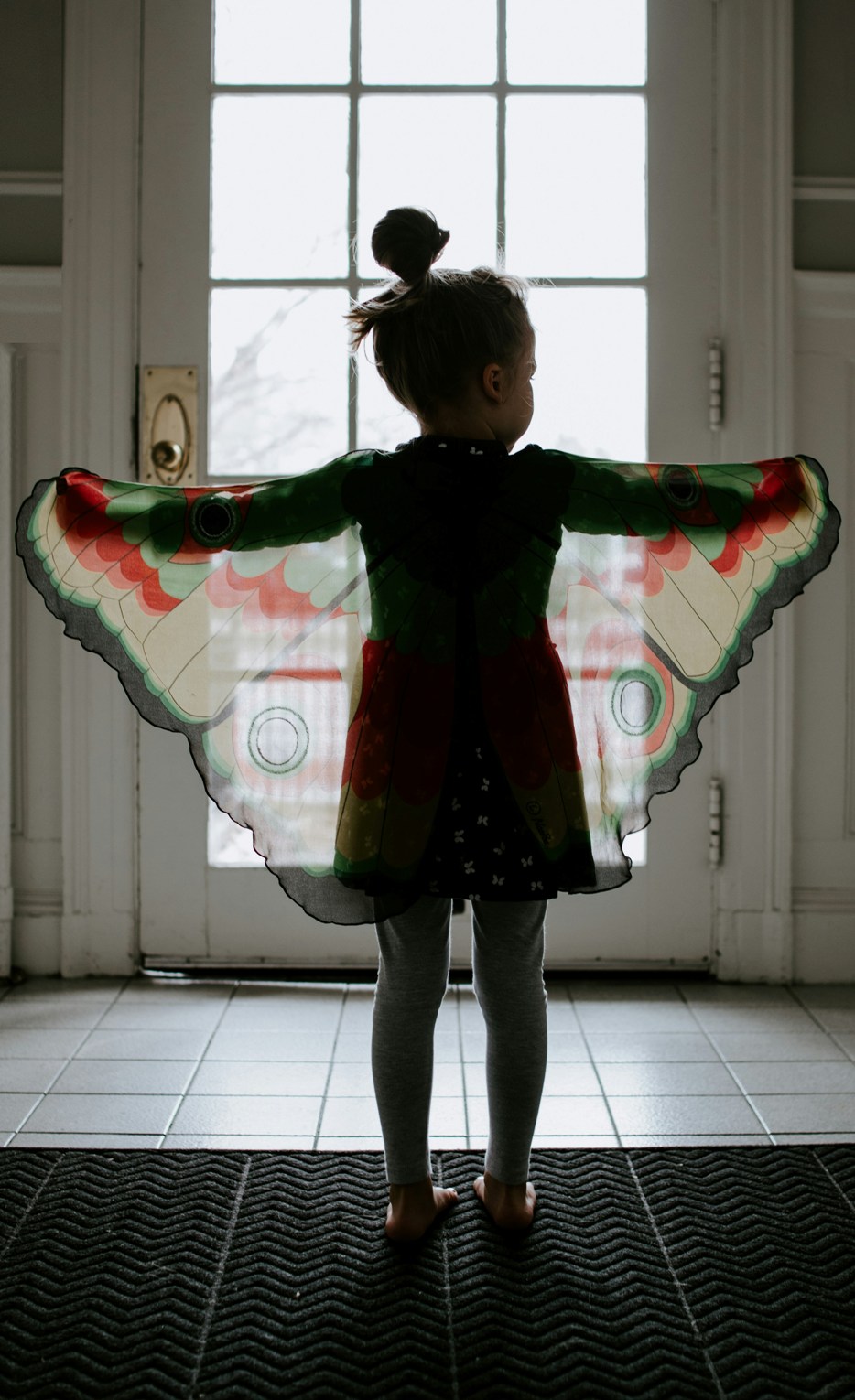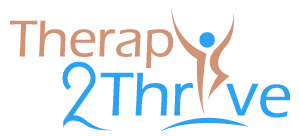Boundaries-Honoring Yourself
Therapy2Thrive® Pleasanton
925-998-3392
The Power of the Imagination
“Logic will get you from A to B. Imagination will get you everywhere.” Einstein
Children are natural, creative explorers. Through the eyes of a child, the world can be a magical, untainted place filled with potential. It is in those formative childhood years that they are looking out into their world with curiosity to make sense of it all and develop key life skills. In lieu of developing abilities around verbal language, play and active engagement in the environment is how children express themselves. Within the safety of one type of play, imaginative or fantasy play, kids can see beyond what exists in front of them and explore the unknown with general freedom.
Some key benefits of Imaginative Play:
1. Encourages independence.
By being able to explore different ideas and make up their own rules, kids in play are naturally encouraged to be creative and take risks. This is an essential part of thinking critically and slowly gaining independence.

2. Deepens empathy
Kids are often trying on new roles in play– acting as something or someone else. This allows for the child to gain new understandings for another’s perspective, see what it is like to be someone else and develop an understanding for how other people may feel.
3. Develops problem solving skills (and self-regulation)
When it comes to the imagination, there are no rules or expectations. Without those boundaries, there are so many ways to see or do one particular thing. This enhances the practice of divergent and flexible thinking processes which is a helpful skill to learn in order to see various solutions and ways to solve problems. In play with others, kids learn how to negotiate and cope with not always getting what they want, with feelings and practices of cooperation and conflict as well as how to manage those thoughts and feelings as they arise throughout play.

With this beginning knowledge of the value of the imagination and its use in play, we can see that when kids are pretending to be different people, using an object for something other than its “normal” function or visualizing the world in a way that we, as adults don’t always grasp, they are actually actively in the process of learning and growing.
Therapy2Thrive™ brings Hope for Healing
Our counselors at Therapy2Thrive™ provide compassionate, practical, and evidenced based practices to assist you in the therapeutic process to meet your goals and find hope to heal the challenges you are facing.
Contact our family counselor in Pleasanton for private consultation.
